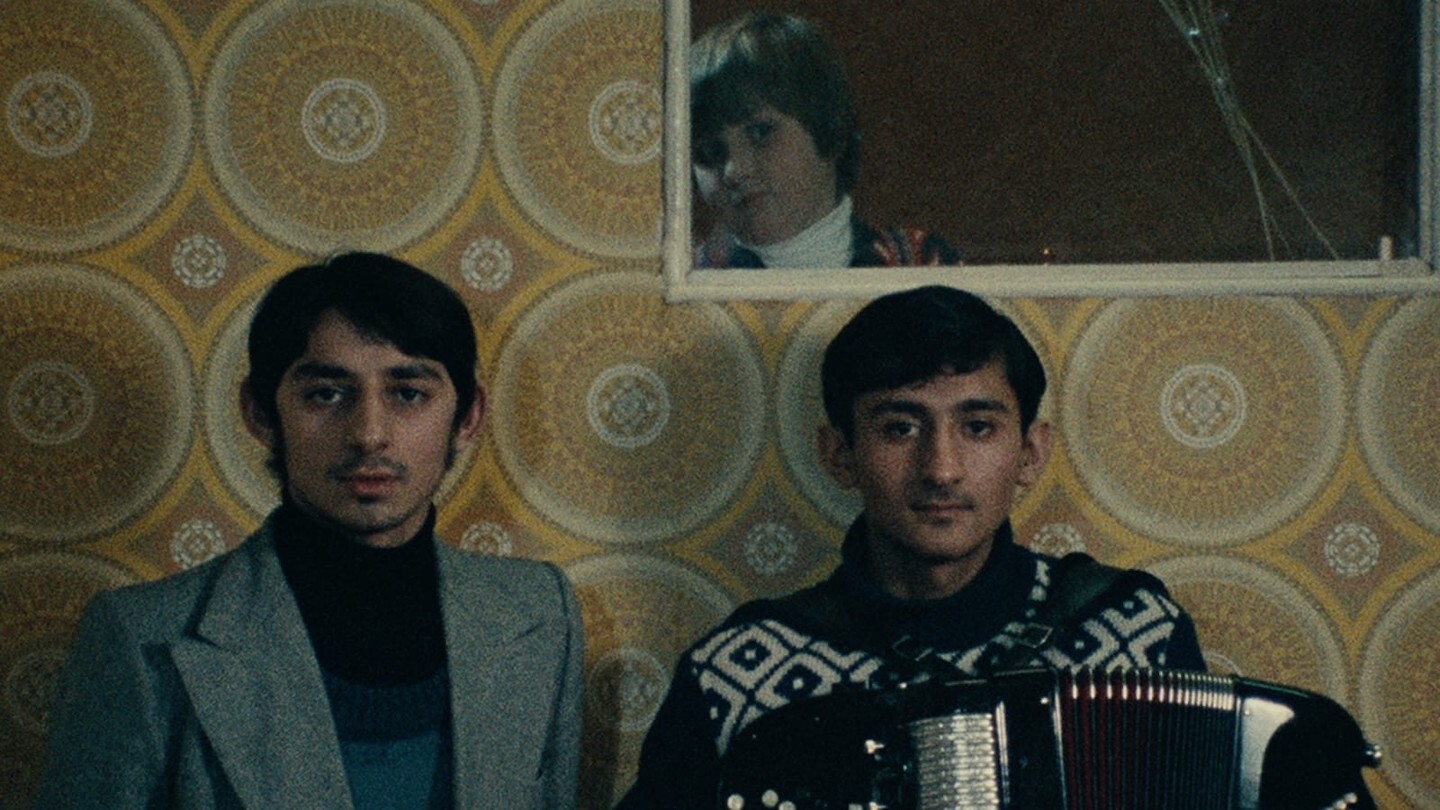Economies of Love
Admission:
General $10
Student $7
April 10, 2025, 7pm
Brooklyn, NY 11205
USA
Join us on Thursday, April 10 at 7pm at e-flux Screening Room for the second installment of Economies of Love, presenting Agnès Varda’s Daguerréotypes (1976, 80 minutes) and Charmaine Poh’s What’s Softest in the World Rushes and Runs Over What’s Hardest in the World (2024, 14 minutes).
Care is not simply an act of compassion but a response to shared vulnerability. Operating outside spectacle, sustained in habits and insistence, it quietly wears down the barriers of indifference and exclusion. Echoing bell hooks’s framing of love as a radical practice of care, this screening illuminates the invisible topographies of it—how care circulates through labor, gestures, and communal rituals within larger social systems that fail to recognize it.
Economies of Love is a series that examines how love is shaped by labor, technology, and power—structured by economies of care and exchange, mediated through digital and urban infrastructures, and regulated by shifting social and political contexts—while also being a force for subversion and transformation within these very structures. Find more information and view the archive of screenings here.
Films
Charmaine Poh, What’s Softest in the World Rushes and Runs Over What’s Hardest in the World (2024, 14 minutes)
What’s Softest… is a glimpse of queer parenthood in Singapore, where such families are illegitimate under the eyes of the law. It combines interview material with a constructed communal space for play and imagination. The film’s title is taken from Ursula K. Le Guin’s rendition of the Dao De Jing and refers to the dichotomy of water and stone. By gathering sensibilities of the natural world, Eastern cosmology, and interdependence, What’s Softest… presents queerhood as an open field of possibility, one brimming with life that is to come.
Agnès Varda, Daguerréotypes (1976, 80 minutes)
Spending most of her days at home following the birth of her son but curious as ever about the people and places that surrounded her, Agnès Varda found inspiration for Daguerréotypes just outside her door: on Paris’s rue Daguerre, where she had lived and worked since the 1950s. The director turns her camera on the business owners whose shops are the street’s lifeblood: bakers, tailors, butchers, perfumers, music-store clerks, driving instructors, and others, who, between the everyday rituals of their work, talk of their lives, relationships, and dreams. Blending her photographer’s eye for still portraiture with her filmmaker’s gift for finding visual rhymes and resonances between images, Varda makes one of her warmest and most quietly affecting films about the rich social fabric of an entire world—all without leaving her block.
For more information, contact program [at] e-flux.com.
Accessibility
– Two flights of stairs lead up to the building’s front entrance at 172 Classon Avenue.
– For elevator access, please RSVP to program[at]e-flux.com. The building has a freight elevator nearest to 180 Classon Ave (garage door) leading into the e-flux office space. A ramp is available for steps within the space.
– e-flux has an ADA-compliant bathroom with no steps between the event space and this bathroom.
